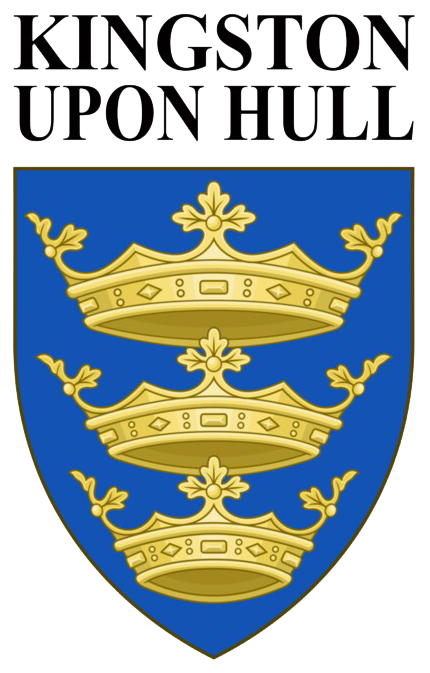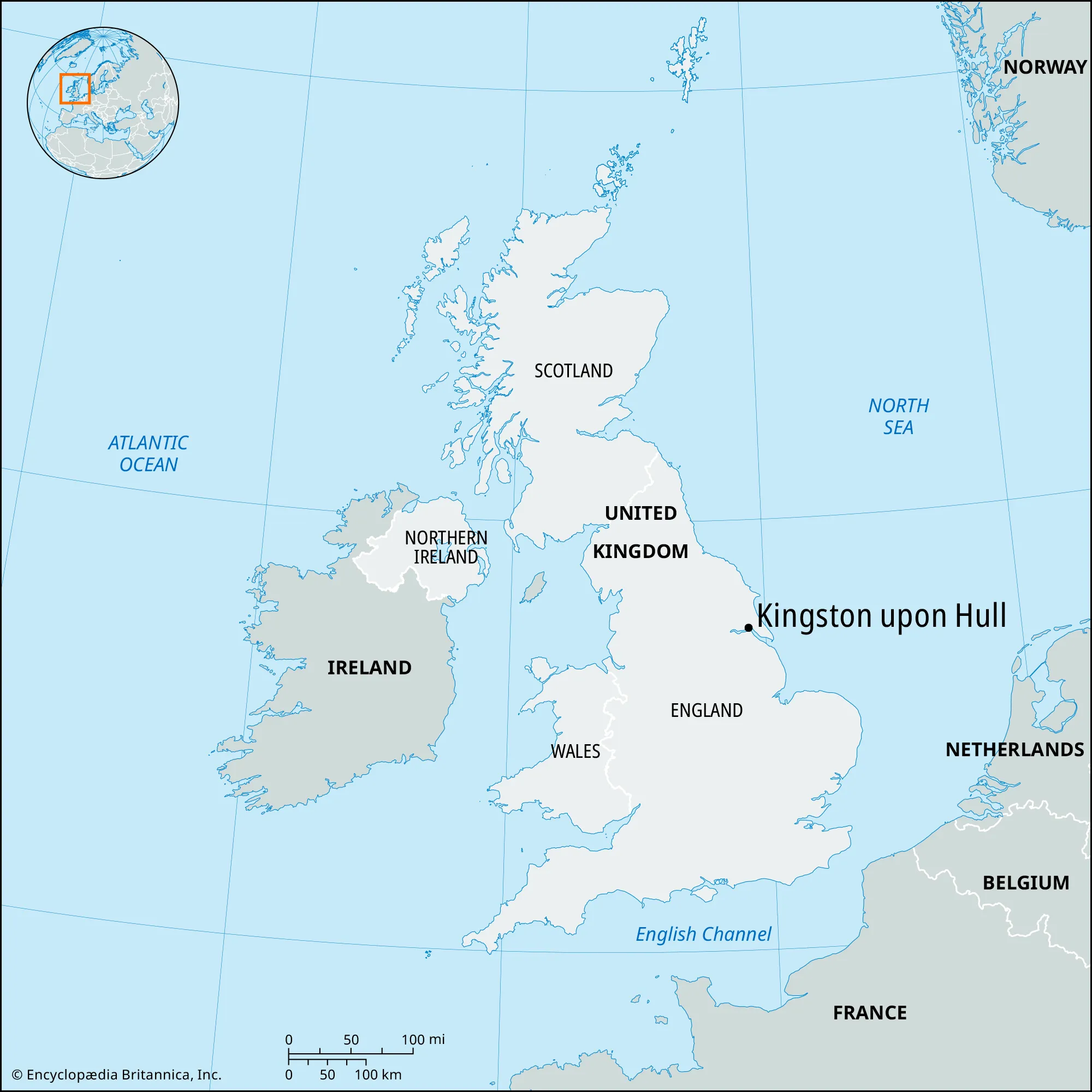Public Transport
Kingston Upon Hull offers a comprehensive and efficient public transport system that includes buses, trains, and ferries. Here is detailed information on each mode of public transport:
- Buses: Hull’s bus network is operated primarily by two companies: Stagecoach East Midlands and East Yorkshire Buses. The city is well-connected with frequent services running throughout the day and into the evening. Key bus routes cover residential areas, the city center, shopping districts, and major attractions. The main bus interchange is located at the Hull Paragon Interchange, which also serves as the primary train station.
- Stagecoach East Midlands: Provides local and regional services, including routes to nearby towns and cities. Notable routes include the 3 (to Orchard Park), the 10 (to Bransholme), and the X62 (to Leeds).
- East Yorkshire Buses: Covers urban routes within Hull and extends to rural areas and coastal destinations such as Bridlington and Scarborough. Key routes include the 66 (to Hessle), the 121 (to Beverley and Bridlington), and the 154 (to Anlaby and Willerby).
- Trains: Hull Paragon Interchange is the main railway station, offering services operated by TransPennine Express, Northern, and Hull Trains. The station provides direct links to major cities including London, Leeds, Manchester, and York. Notable services include:
- TransPennine Express: Fast services to Manchester Piccadilly, Leeds, and York.
- Hull Trains: Direct services to London King’s Cross.
- Northern Rail: Regional services to destinations such as Sheffield and Bridlington.
- Ferries: Hull is also a major port city with ferry services operated by P&O Ferries, providing passenger and freight services to Europe. The Hull to Rotterdam and Hull to Zeebrugge routes are popular for both leisure and business travel.More details can be found at:
Cycling Routes
Hull is a bike-friendly city with numerous cycling routes that cater to both commuters and recreational cyclists. The city has invested in extensive cycling infrastructure, including dedicated cycle lanes, shared paths, and cycle parking facilities. Key cycling routes and initiatives include:
- National Cycle Network: Hull is part of the National Cycle Network (NCN), with Route 1 and Route 66 passing through the city. These routes provide safe and scenic paths for long-distance cyclists.
- Route 1: Runs from Dover to the Shetland Islands, passing through Hull and connecting to other major cities.
- Route 66: Links Hull with York, offering a picturesque ride through the Yorkshire countryside.
- Local Cycle Routes: Hull City Council has developed several local cycling routes, including:
- The Trans Pennine Trail: A long-distance path running from coast to coast across Northern England, with sections accessible from Hull.
- Hull to Hornsea Rail Trail: A popular route following the disused railway line to Hornsea, ideal for family rides.
Road Maintenance
Hull City Council is responsible for the maintenance and improvement of the city’s roads. The council’s road maintenance program ensures that roads are safe and efficient for all users, including motorists, cyclists, and pedestrians. Key aspects of the road maintenance program include:
- Pothole Repairs: Prompt repairs to potholes and other road surface defects to prevent damage to vehicles and ensure safety.
- Resurfacing Projects: Regular resurfacing of roads to extend their lifespan and improve driving conditions. Major resurfacing projects are usually scheduled during off-peak times to minimize disruption.
- Winter Maintenance: During the winter months, the council undertakes gritting and snow clearance operations to keep roads passable and safe.
- Traffic Management: Installation and maintenance of traffic signals, road signs, and markings to ensure smooth traffic flow and enhance road safety.
Residents can report road issues and find information on ongoing and planned roadworks on the Hull City Council website:
By providing a well-maintained and comprehensive transportation network, Hull ensures that residents and visitors can travel efficiently and safely throughout the city.


